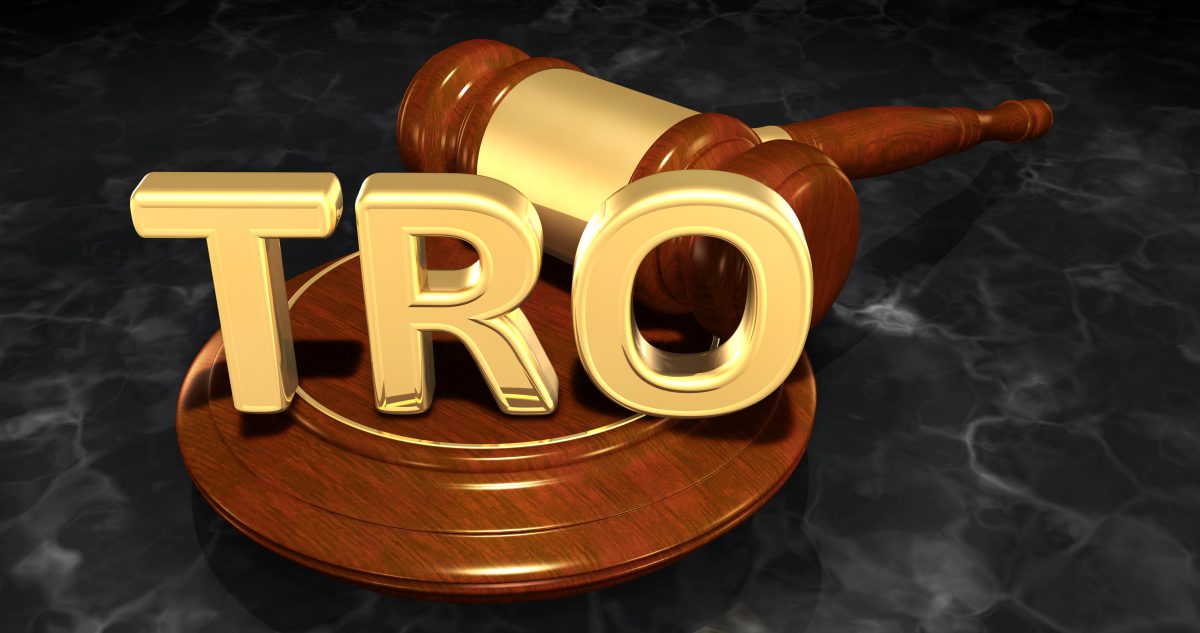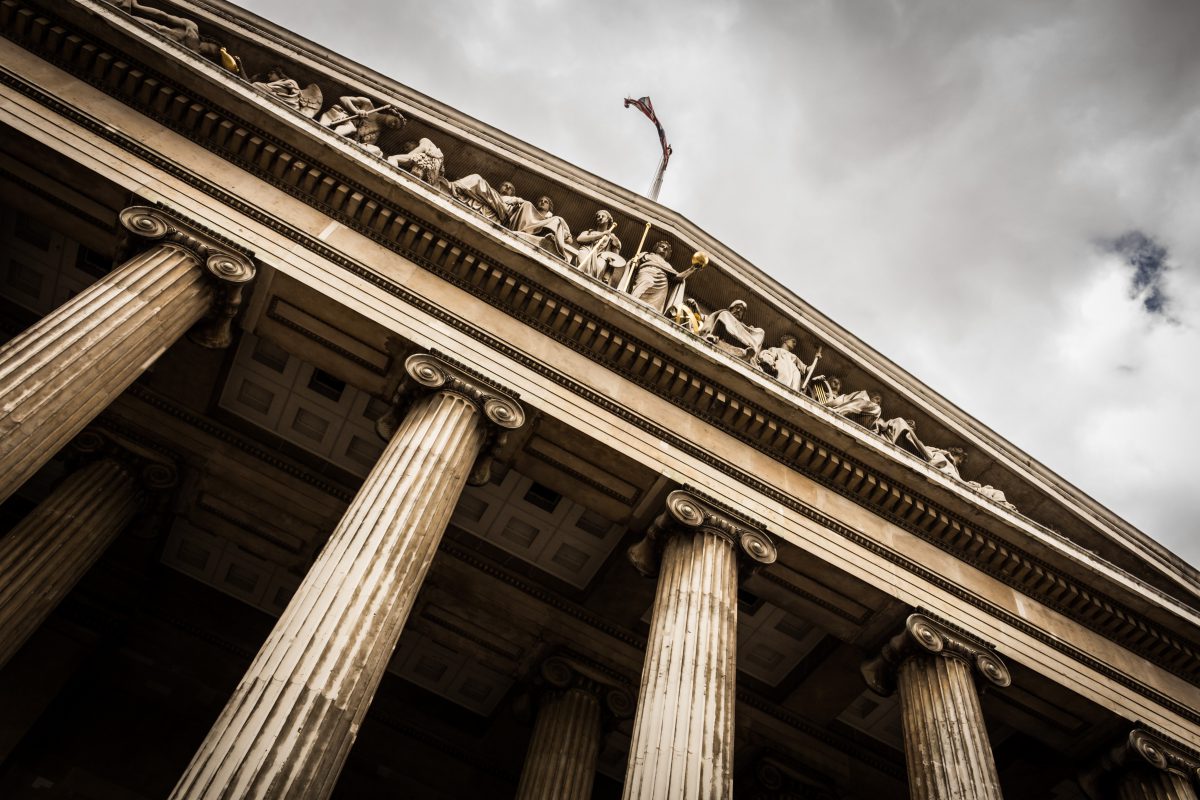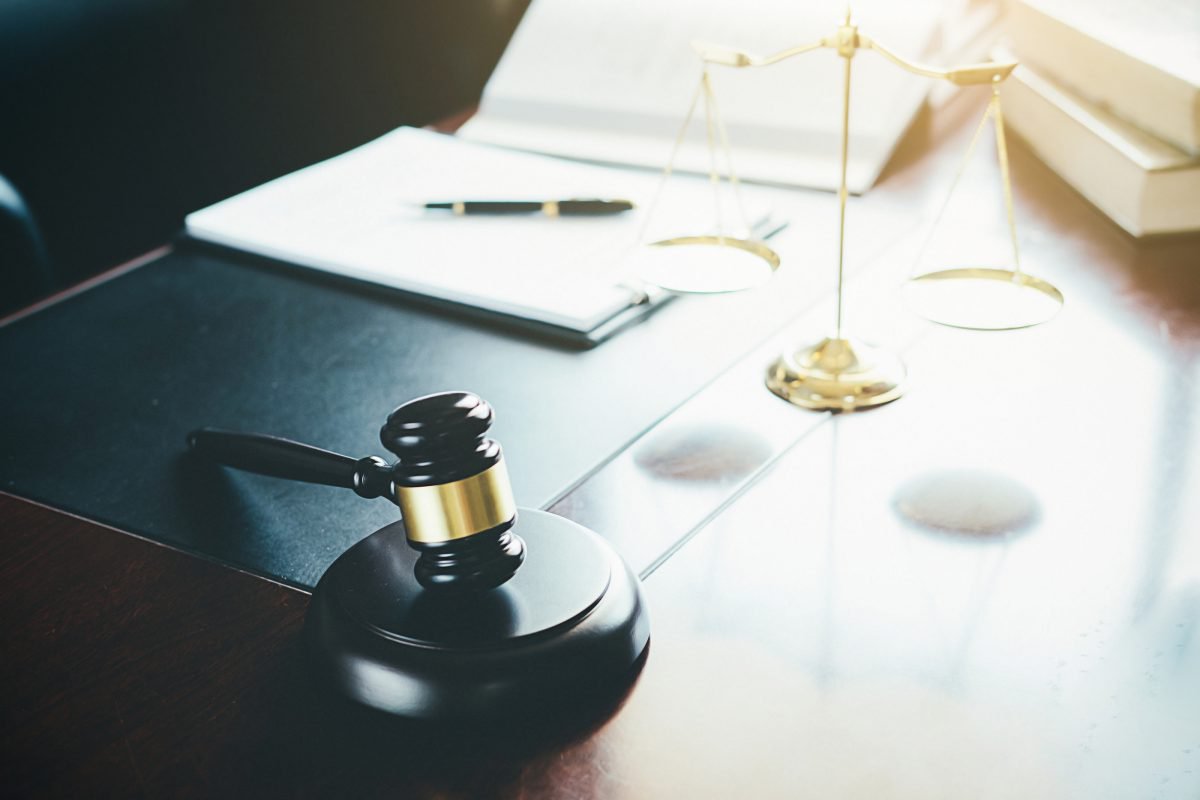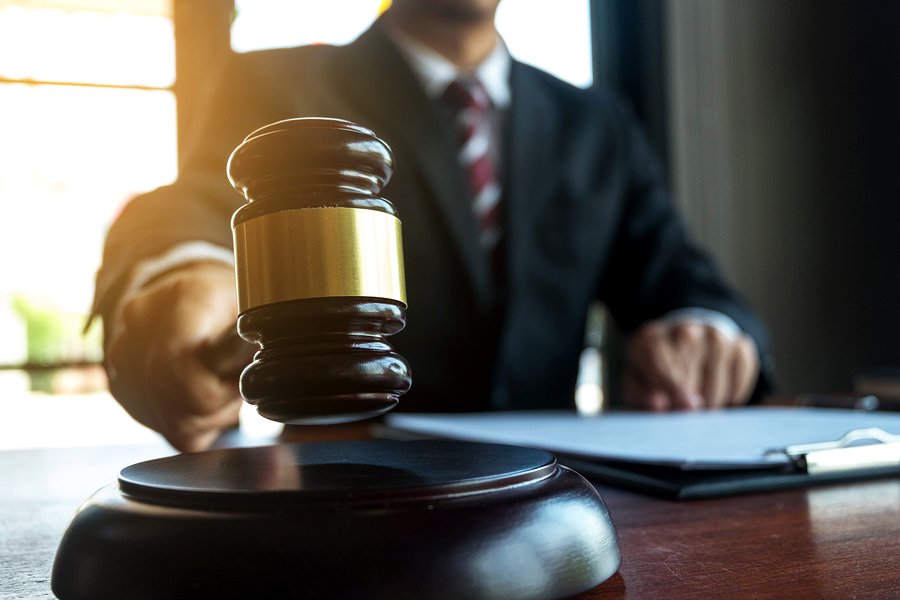If someone cannot manage their own affairs due to mental or physical limitations, they may become a “ward” of the state, meaning the government takes responsibility for their care and wellbeing. In this instance, the state will appoint a conservator to make decisions on behalf of the ward, including sensitive financial and potentially also medical decisions. The ward’s family typically appoints the conservator, but in some instances the state may appoint someone. In either case, the person nominated must obtain a conservatorship bond before being officially appointed. If you find yourself involved with this process, this blog outlines 5 things you need to know upfront: Continue reading “5 Things You Need to Know About Conservatorship Bonds”
Electronic Bonding: Is a Paperless System Coming?
Every industry is scrambling to adapt to the effects of the COVID-19 pandemic, and the surety bond industry is no different. Officials from two leading professional organizations – The Surety & Fidelity Association of America (SFAA) and the National Association of Surety Bond Producers (NASBP) – are calling on Congress to issue an emergency action altering how bond agreements work. Whether or not these changes will take effect and when remains to be seen. However, in order to keep bond holders and bond applicants alike fully-informed, the experts at Viking Bond Service wanted to keep you informed about the developments thus far. Continue reading “Electronic Bonding: Is a Paperless System Coming?”
What is a Temporary Restraining Order (TRO) Bond?
Before diving into the details of the bond, it helps to understand how a temporary restraining order (TRO) works. If someone feels threatened by another party and worries for their person, property, or business interests, they can appeal the court to issue a TRO. Once issued, the order restricts an individual or organization’s movements and actions depending on the details. TROs usually only last a few days while a judge hears arguments from both sides and deliberates whether to issue a preliminary injunction, which is basically a longer version of the TRO. Continue reading “What is a Temporary Restraining Order (TRO) Bond?”
What You Might Not Know About Preliminary Injunction Bonds
Before you pursue a preliminary injunction or seek out a bond, learn the ins and outs from a leading nationwide surety brokerage. Continue reading “What You Might Not Know About Preliminary Injunction Bonds”
How Does a Supersedeas Bond Work?
If you’re the defendant in a civil case and the judge rules against you, the courts grant you the right to appeal. You won’t have to pay the judgement until your appeal is complete, but first you will need to obtain a supersedeas bond. Also sometimes called an appeal bond or a defendant appeal bond, a supersedeas bond provides a financial guarantee that you will pay for any judgement in the event that your appeal fails. When plaintiffs obtain a bond they enter into a surety agreement. Under that agreement, the bond holder must pay for any claims filed against the bond by the plaintiff in the case.
Everything to Know About a Temporary Restraining Order Bond
Also known a court injunction, a temporary restraining order is an official edict from a court requiring an individual to refrain from a specific act(s). Though often associated with domestic violence cases, temporary restraining orders are common in legal proceedings and provide the courts with a useful mechanism to pause events in place. They also provide plaintiffs with the means to keep a defendant away from themselves or their children. Given the sensitive nature of these orders and the negative consequences that potentially arise from restricting a person’s freedom, judges are cautious about issuing them. In some cases, they require plaintiffs to acquire a temporary restraining order bonds, a type of court bond before they agree to proceed. If you or someone you know requires one of these bonds, this quick and clear guide explains everything you need to know.
Continue reading “Everything to Know About a Temporary Restraining Order Bond”
What is the Purpose of a Preliminary Injunction Bond?
Courts in the United Stated work rigorously to preserve the equality of both parties involved in litigation. Preliminary injunctions help ensure the plaintiff has a fair day in court, and preliminary injunction bonds do the same for the defendants. Think of them as two sides of the same coin – equally important for the administration of justice.
Continue reading “What is the Purpose of a Preliminary Injunction Bond?”
How to Acquire a Supersedeas Bond
If the courts have ordered you to acquire a supersedeas bond, it means you’re appealing the outcome of civil litigation. In order to put checks and balances on the justice system, people have the right to appeal a decision rendered in a court of law. However, the courts have the right to refuse to hear that appeal until you obtain a supersedeas bond. Since everything depends on you having a bond, you need to make acquiring one your top priority. Follow this quick guide.
A Guide to Obtaining an Alcohol Surety Bond for Your Business [Infographic]
If you plan to open a brewery, liquor store, bar, or any other business involved with alcohol, you may need an alcohol surety bond. Here are the quick answers to all your most important questions:
What is an Alcohol Surety Bond?
Bonds hold you responsible if you break state rules for alcohol-related businesses. States use them to maintain oversight over the alcohol industry and hold offenders responsible. You will need to obtain a bond, and you will need to pay claims filed against the bond. If you don’t, you will lose your liquor license.
Continue reading “A Guide to Obtaining an Alcohol Surety Bond for Your Business [Infographic]”
Learn about Various Types of Commercial Surety Bonds [Infographic]
If you need a commercial surety bond, here’s a quick introduction:
What Is a Commercial Surety Bond?
This type of bond is a way to guarantee one party (the principal) in a commercial arrangement meets their obligations to another (the obligee). Those obligations could include following law and regulations, meeting fiduciary responsibilities, or abiding by contractual obligations. When necessary, the obligee is allowed to file a claim against the bond seeking compensation. The company that issues the bond (the surety) agrees to pay if the principal doesn’t, but the principal (you) must reimburse the surety in full.
Continue reading “Learn about Various Types of Commercial Surety Bonds [Infographic]”










![A Guide to Obtaining an Alcohol Surety Bond for Your Business [Infographic]](https://www.performancesuretybonds.com/blog/wp-content/uploads/2020/03/bigstock-The-Beer-Taps-In-A-Pub-Nobody-227877709.jpg)
![Learn about Various Types of Commercial Surety Bonds [Infographic]](https://www.performancesuretybonds.com/blog/wp-content/uploads/2020/03/Screen-Shot-2020-03-12-at-3.43.48-PM-1200x615.png)